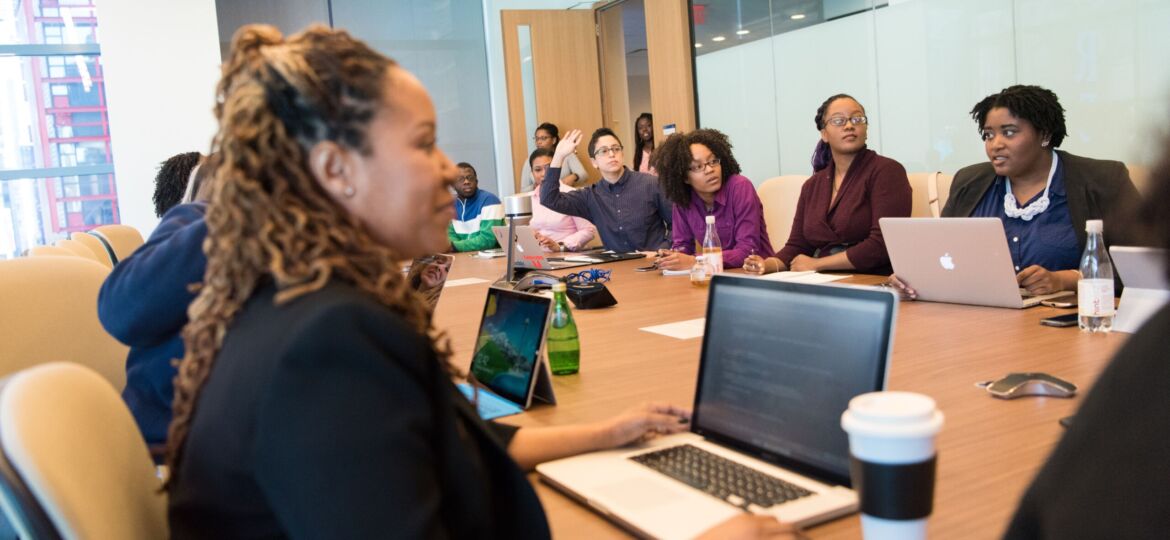Introducing Profile+ Where your language needs meet your business needs At ELAM, we understand that in today’s global business world,…
Language Technology
If you’ve ever felt the frustration of miscommunication in the workplace, you’re not alone. Whether it’s with clients, suppliers, or…
As a corporate language school, ELAM is often tasked with assessing candidates’ language skills to help Talent Acquisition Managers hire…
At ELAM, we believe that the heart of an exceptional learning environment starts with the people who make it possible….
30 Jan: The Role of Language Skills in Talent Acquisition: Key Metrics to Look for in Job Candidates
In today’s globalized business environment, language skills have become an essential aspect of talent acquisition. Companies across industries are increasingly…
In today’s globalized world, mastering a second language is no longer just a luxury – it’s a necessity for professionals…
Hey there, language learners! 🌟 It’s Emma here, ELAM’s marketing manager and an enthusiastic Italian student. As someone who’s juggling…
At ELAM, we are always on the lookout for the best tools to help our clients improve their language skills….
At ELAM, we believe in the power of giving back, especially during the holiday season. For the past four years,…
As the CEO of ELAM, I’m thrilled to share my thoughts on how language skills can unlock incredible career opportunities. Let me take you on a journey through the exciting world of bilingual and multilingual professions.











